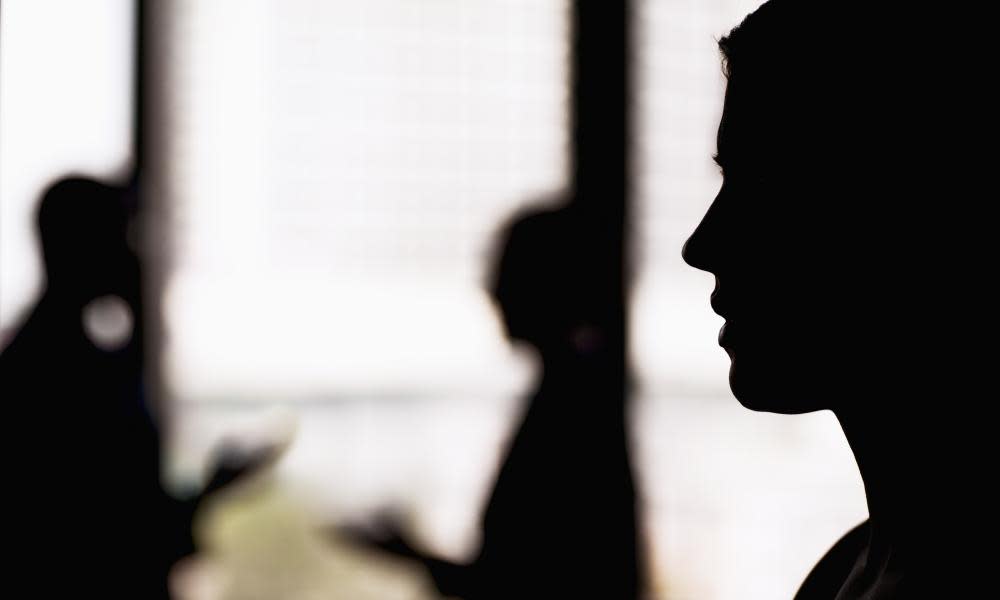Make catcalling a hate crime? First get current laws to work for women

With her call this week for the criminalisation of catcalling and other types of public sexist abuse, the Labour MP Melanie Onn has reopened the debate about how best to deal with the everyday harassment experienced by women and girls.
As a feminist campaigner for almost four decades, I have encountered pretty much every argument. There are those who believe the criminal justice system is inadequate, and have suggested greater use of “restorative justice”, which focuses on supporting victims to explain to offenders the impact of their crimes. Perpetrator programmes to address domestic violence have long been heralded as an option for “treating” the violent offender, an approach I am vehemently opposed to as it removes serious crime from the criminal justice system, and treats offenders as though they are sick. All of this reflects the extent to which the current system is failing women. So how can we possibly criminalise sexism, when rape, sexual assault, child abuse and domestic violence are not even reported to police?
Under UK legislation, “hate crime” is defined as “acts of violence or hostility directed at people because of who they are or who someone thinks they are”. If it is accepted by the courts that a crime is motivated by hate of a particular group, it is seen as an aggravating factor, which can lead to harsher sentencing. Those who are gay, transgender, disabled or black and minority ethnic are protected. Women are not included, despite the fact that we make up half the world’s population, and that sexism occurs in every country, culture and community.
I regularly receive horrific misogynistic online threats and slurs from men who hate feminists, but the hate crimes unit of the Metropolitan police tells me it can only act if something about me being a lesbian is thrown in. The reason why misogyny is not included in hate crimes is because it would criminalise huge swaths of men for their everyday attitudes and behaviour towards others. Also, much heterosexual pornography would fall within the category of “hate speech”.
A pilot scheme launched by Nottingham police in 2016 dealt with “misogynistic acts” as hate crimes. The media attention the scheme attracted may well have sent out a powerful message that this type of behaviour is unacceptable, but it is hardly sustainable. Women have been raised under a culture of male privilege and female worthlessness. We are expected to put up with horrendous treatment by men, whether sexual harassment in the workplace, violence and abuse in the home or the everyday sexism that we often dismiss as unimportant. With this in mind, can we really expect women to report to police an incident involving catcalling and sexual objectification?
Frankly, I would rather police and the Crown Prosecution Service dealt efficiently with the serious crimes that are perpetrated against women and girls on a daily basis. Whether it is police blaming girls being raped and abused by gangs of men who were allowed to roam free, not believing early victims of taxi rapist John Worboys or the failing to deal adequately with shocking cases of stalking and harassment of women, it is clear that much male violence is not treated as a crime at all.
I could not care less if criminalising misogynistic abuse of women gives ammunition to the so-called “anti-PC brigade”. Anything feminists demand will be criticised by them. But I do care that there continues to be constant calls for new laws to be introduced to deal with the harassment of women and girls. The system is woefully inadequate in dealing with the laws supposed to protect them against violence and abuse that are already on the statute. Men have been getting away with abusing women since time immemorial, and we have had enough.
• Julie Bindel is a freelance journalist and political activist, and a founder of Justice for Women

 Yahoo News
Yahoo News 
